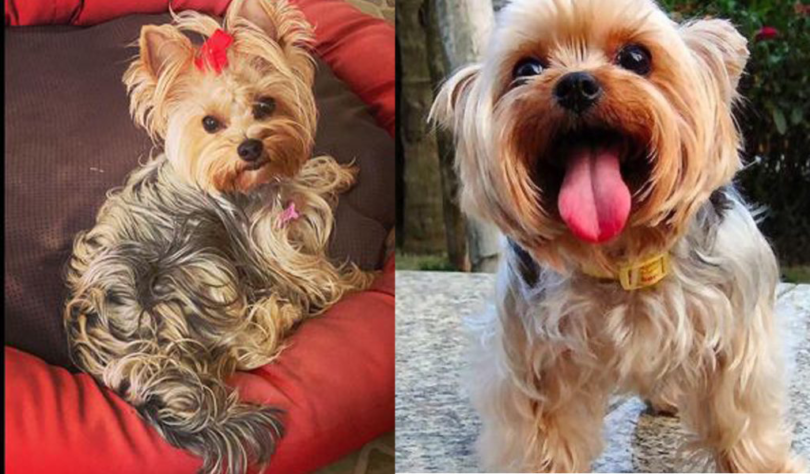While there might not be a scientific study explicitly confirming that Yorkies view their humans as their parents, there is a wealth of research that delves into the bonds between dogs and humans. Dogs, including Yorkshire Terriers, are known to form strong social bonds with their human caregivers, and some research suggests that these bonds may be similar to parent-child relationships.
- Attachment Behavior: Studies have shown that dogs display attachment behaviors toward their human caregivers, seeking comfort and security from them in a way that is comparable to the attachment behavior seen in parent-child relationships.
- Oxytocin Release: Research has demonstrated that interactions between dogs and humans can lead to the release of oxytocin, often referred to as the “love hormone” or “bonding hormone.” Oxytocin is associated with social bonding and maternal behavior in mammals, including humans.
- Cognitive Abilities: Dogs, including Yorkies, have displayed cognitive abilities that suggest an understanding of human emotions and intentions. They can interpret human facial expressions and respond to human cues, further strengthening the idea of a close social bond.
- Social Referencing: Dogs engage in social referencing, a behavior where they look to their human caregivers for cues on how to react in uncertain situations. This behavior is commonly observed in children seeking guidance from their parents.
- Parental Care Instinct: While dogs may not be parents in the traditional sense, they do exhibit caregiving behaviors towards humans, especially when the humans are perceived as part of their social group. This can include protective behaviors, providing comfort, and seeking attention.
While the scientific community may not use the term “parents” in the same way it is applied to human relationships, the evidence strongly suggests that dogs, including Yorkies, form deep and meaningful bonds with their human caregivers. These bonds often mirror the characteristics of parent-child relationships, emphasizing the mutual love, trust, and companionship that develop between dogs and their humans.







